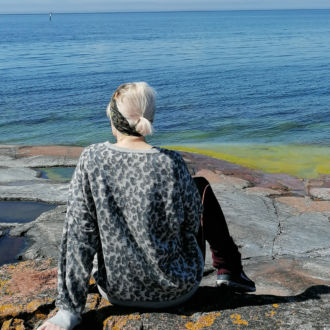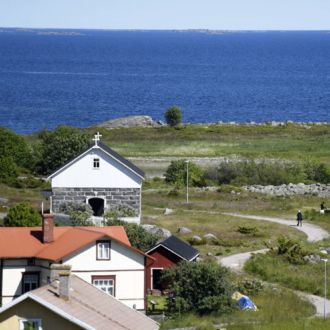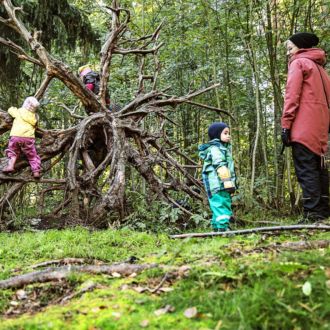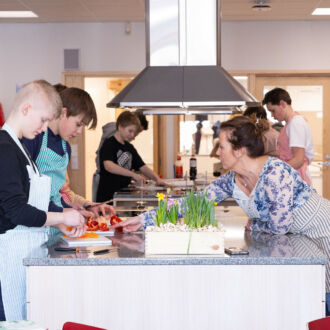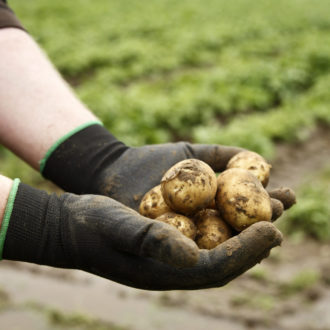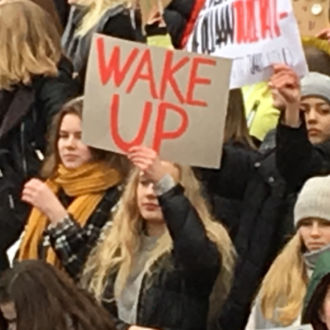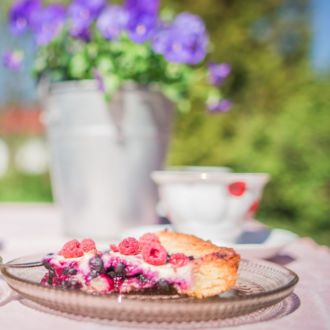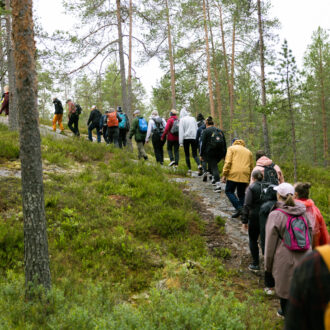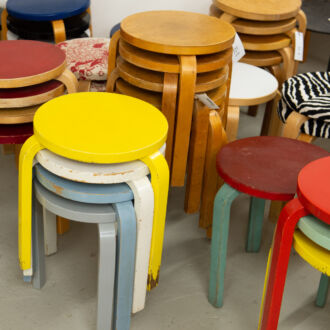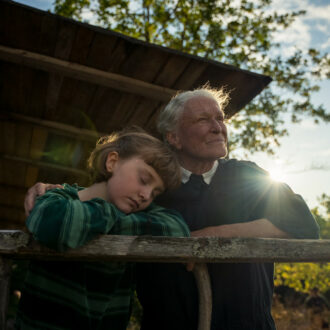You can find island communities in many places along the coasts of Finland, but you only have to glance at a map to see that the thickest archipelago extends into the Baltic Sea around the southwestern tip of the country.
The whole coastal and archipelago region has traditions that go back hundreds of years in fishing and trading, not to mention farming and hunting. The people there nourish many of those traditions in the present day, as well.
Archipelago knowledge
See how kids on an island in southwestern Finland learn about nature, boating and fishing as part of their school curriculum.Video: Erika Benke/ThisisFINLAND
On an island about 35 kilometres (20 miles) from Turku and 200 kilometres (125 miles) west of Helsinki, there’s a community called Nagu in Swedish and Nauvo in Finnish. (Both languages are official languages in Finland.) The local kids attend Kyrkbacken School, which has introduced a new course to pass down the archipelago’s cultural heritage to the next generation.
The class, called Archipelago Knowledge, fits right in with the need to live sustainably.
“What we’re going to learn is how to make food and how to survive in nature,” says 14-year-old Ina, who has just tied a boat to the jetty with a perfect knot.
Edvin, 13, is on the pier helping a group of seven-year-olds try fishing for the first time. “We make a meal out of the fish we catch,” he says. “I think it’s really special. You can’t do this stuff everywhere.”
Åsa Sundström, the principal of Kyrkbacken School, says that every age group in the school takes Archipelago Knowledge. “Children learn to row a boat, navigate, catch fish and swim in the sea,” she says. “Traditional life in the archipelago is fairly sustainable, so with these activities we also raise awareness of sustainability and climate change.”
A better understanding
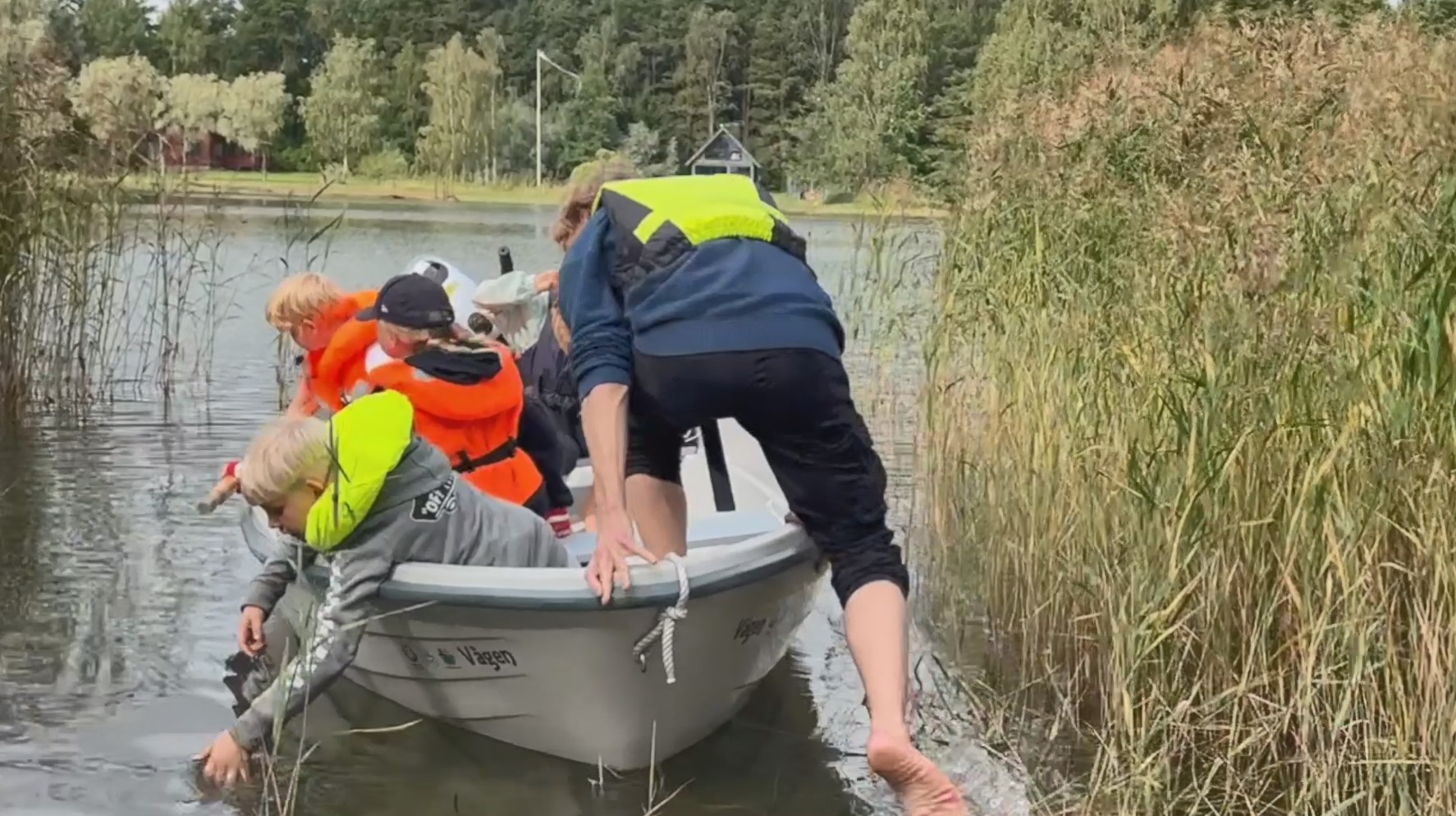
Not your typical field trip: Kyrkbacken School students of various ages “learn to row a boat, navigate, catch fish and swim in the sea,” says principal Åsa Sundström.Still photo from video/Erika Benke/ThisisFINLAND
The brain behind Achipelago Knowledge is biology teacher Peter Rönnberg. The previous year, the children’s boating skills developed to such a level that they were able to navigate to Turku and back without their teachers intervening.
“It was a three-hour trip each way, on their own in the archipelago,” Rönnberg says proudly. During the epic outing, he was in one of the boats but did not have to help the kids find their way. “They’ve learnt survival skills that have been very important for people living here for centuries,” he says.
He says that even the youngest children understand that catching fish means they will need to buy less food in the supermarket. “Overconsumption contributes to climate change, and children learn first-hand what they can do to fight it.”
Principal Sundström says Archipelago Knowledge has given children a greater sense of responsibility for their local area. They understand better why they need to recycle and to pick up rubbish. “This is the only way to make sure they will protect nature and take action to fight climate change,” says Sundström.
By Erika Benke, November 2023
